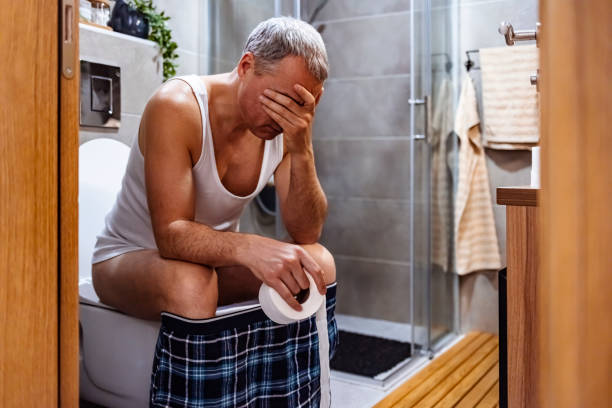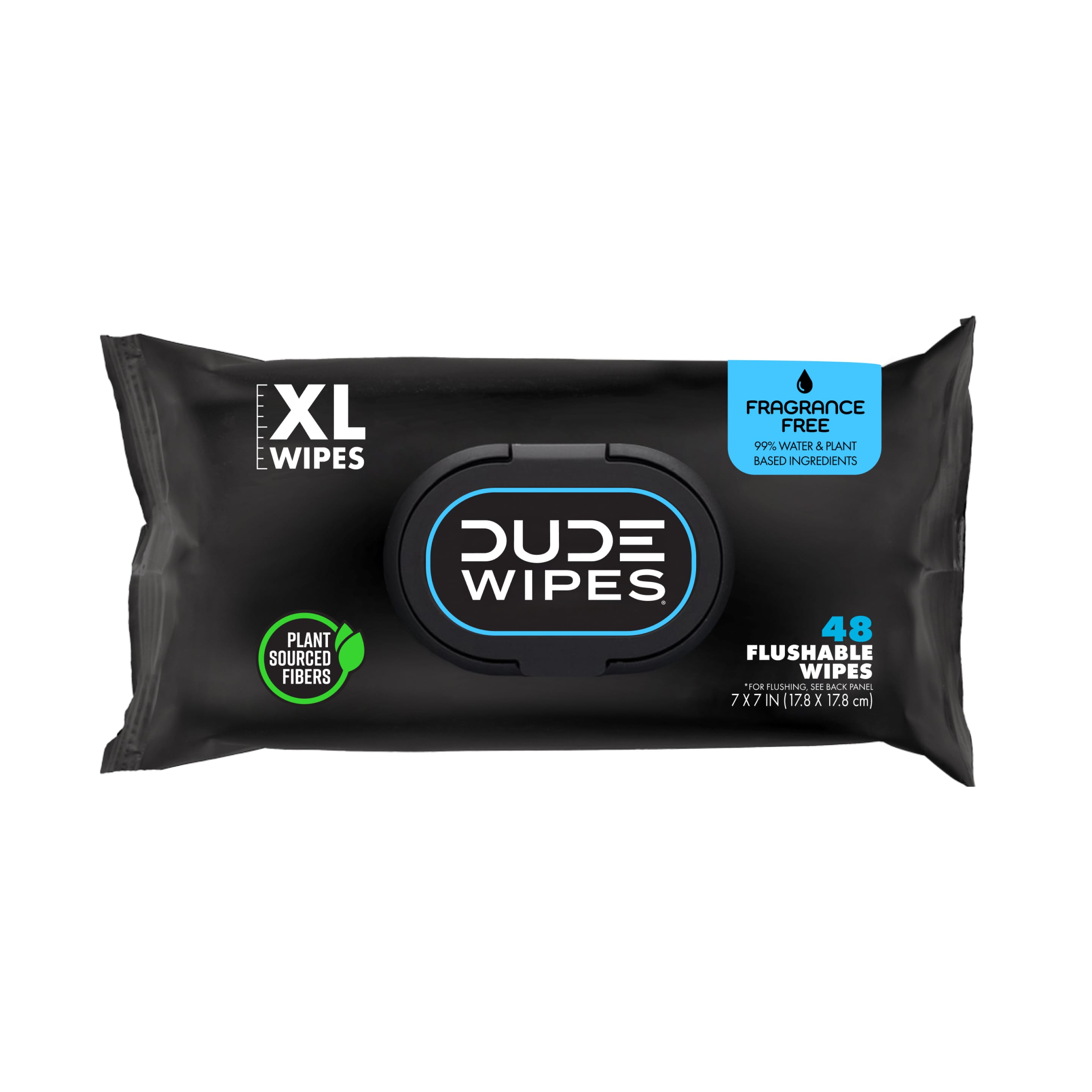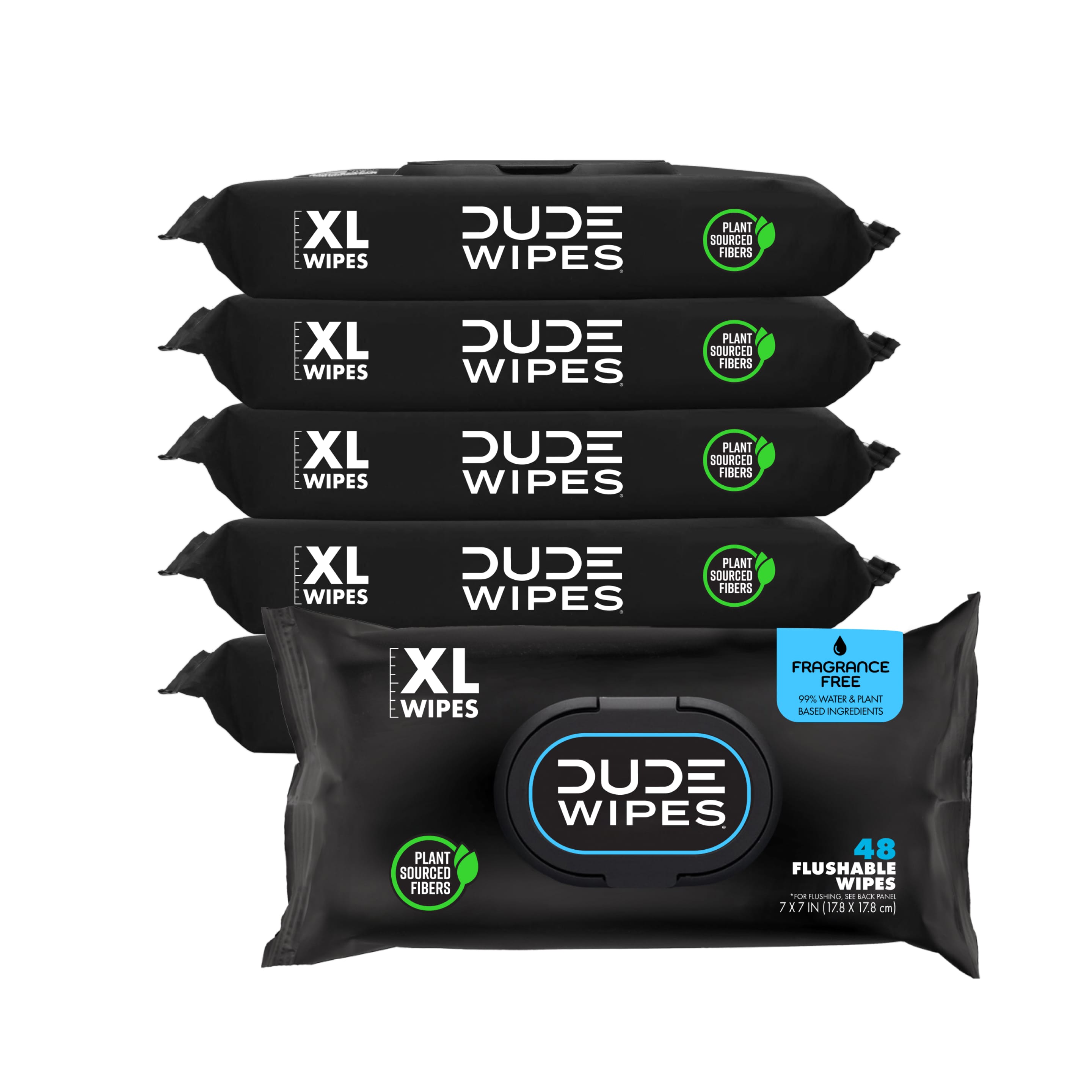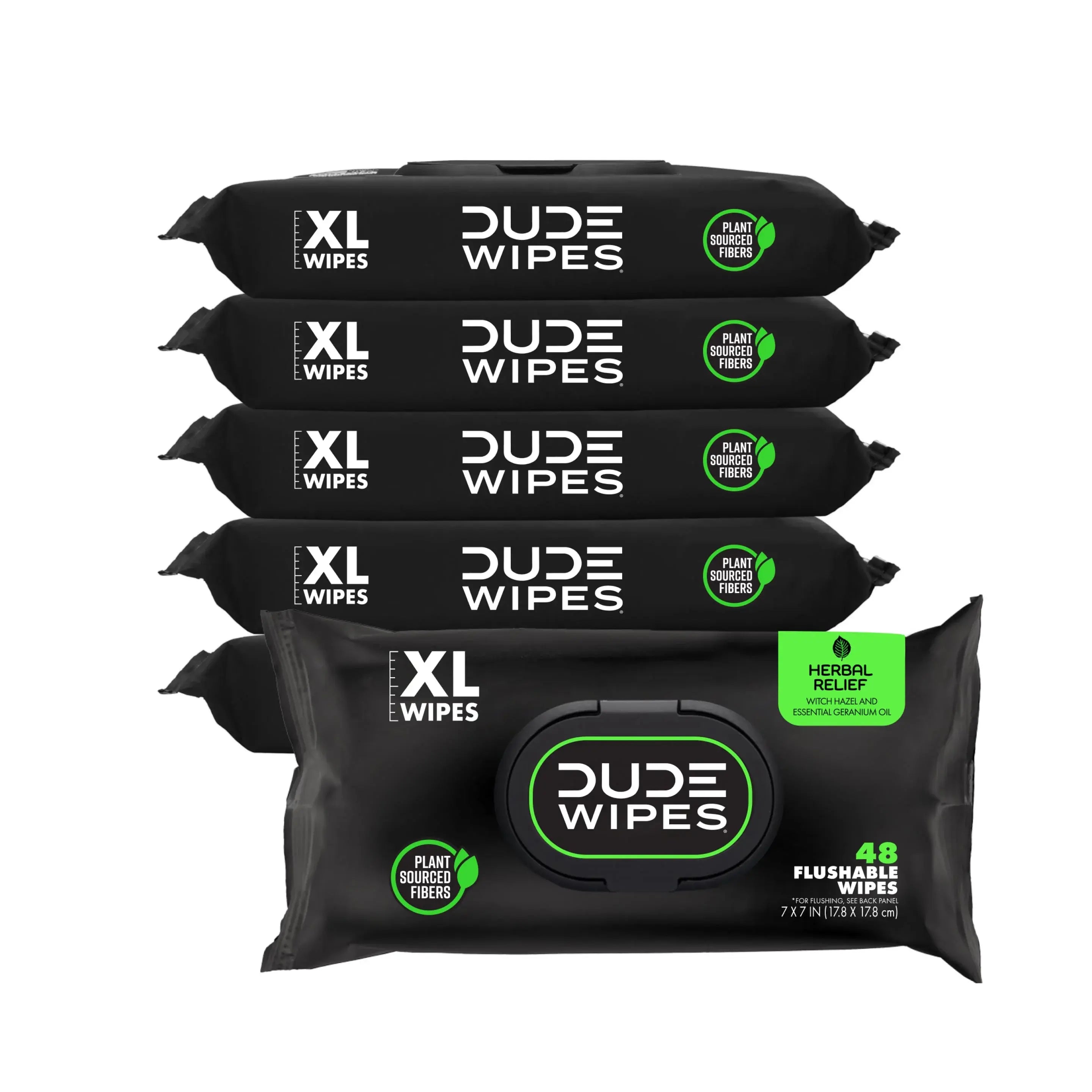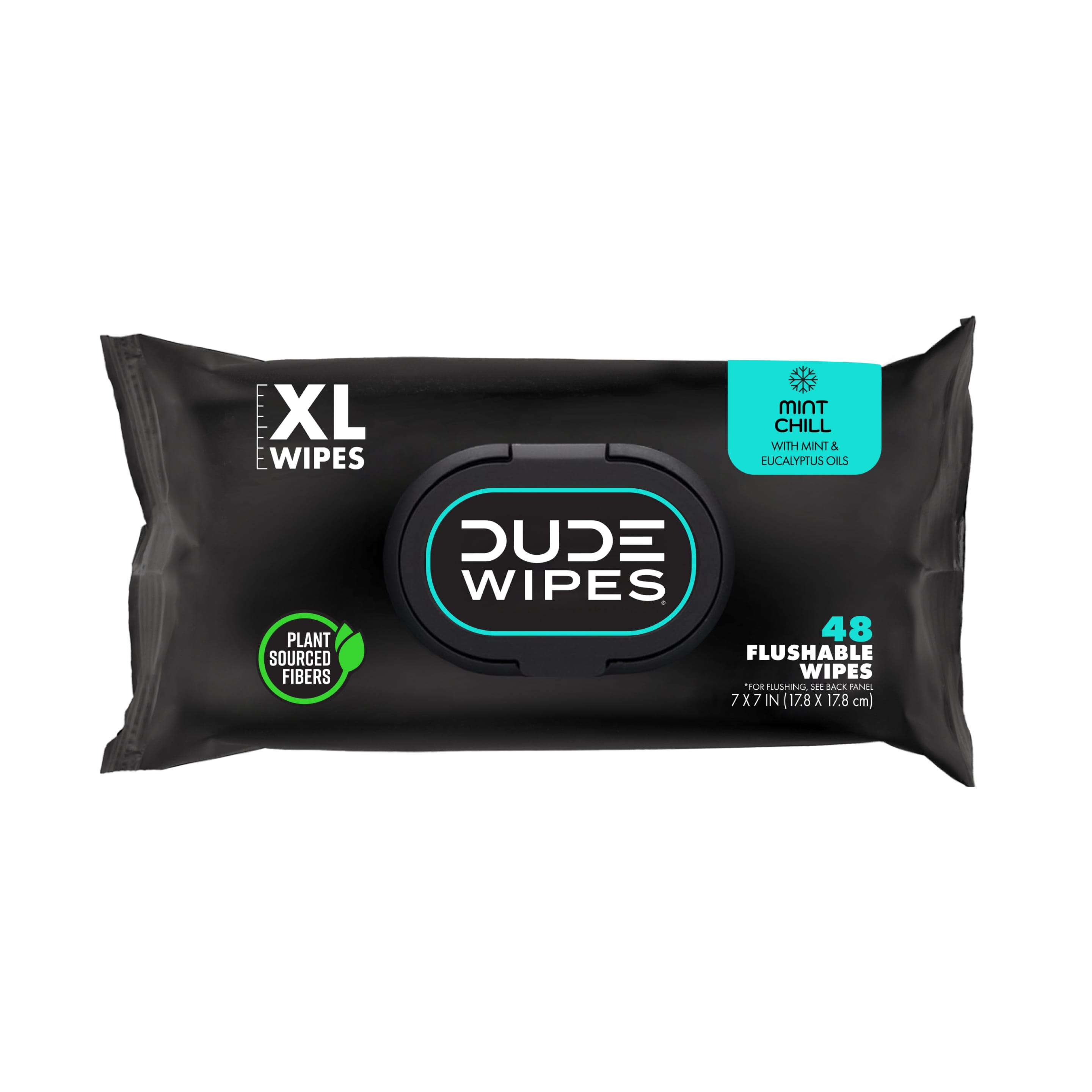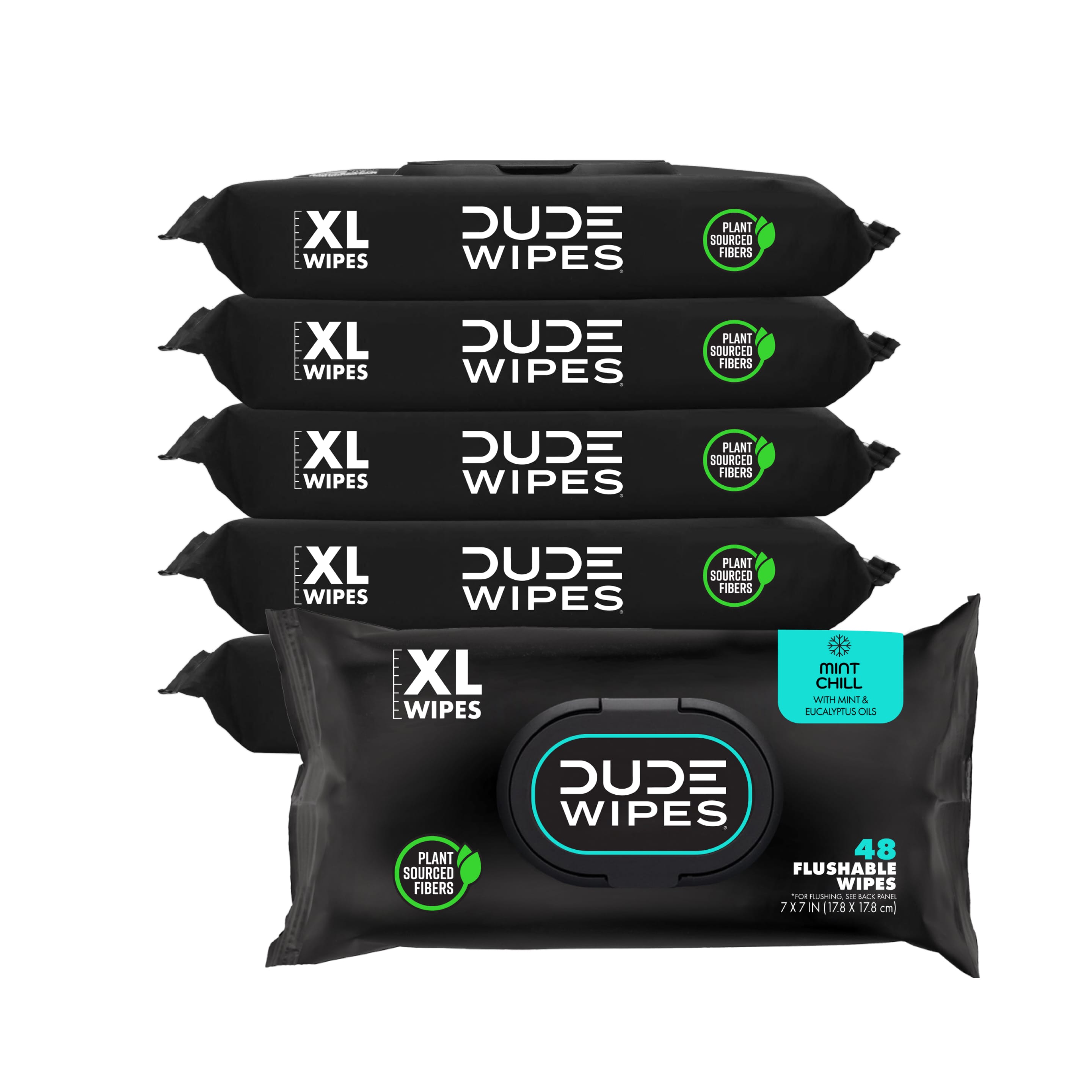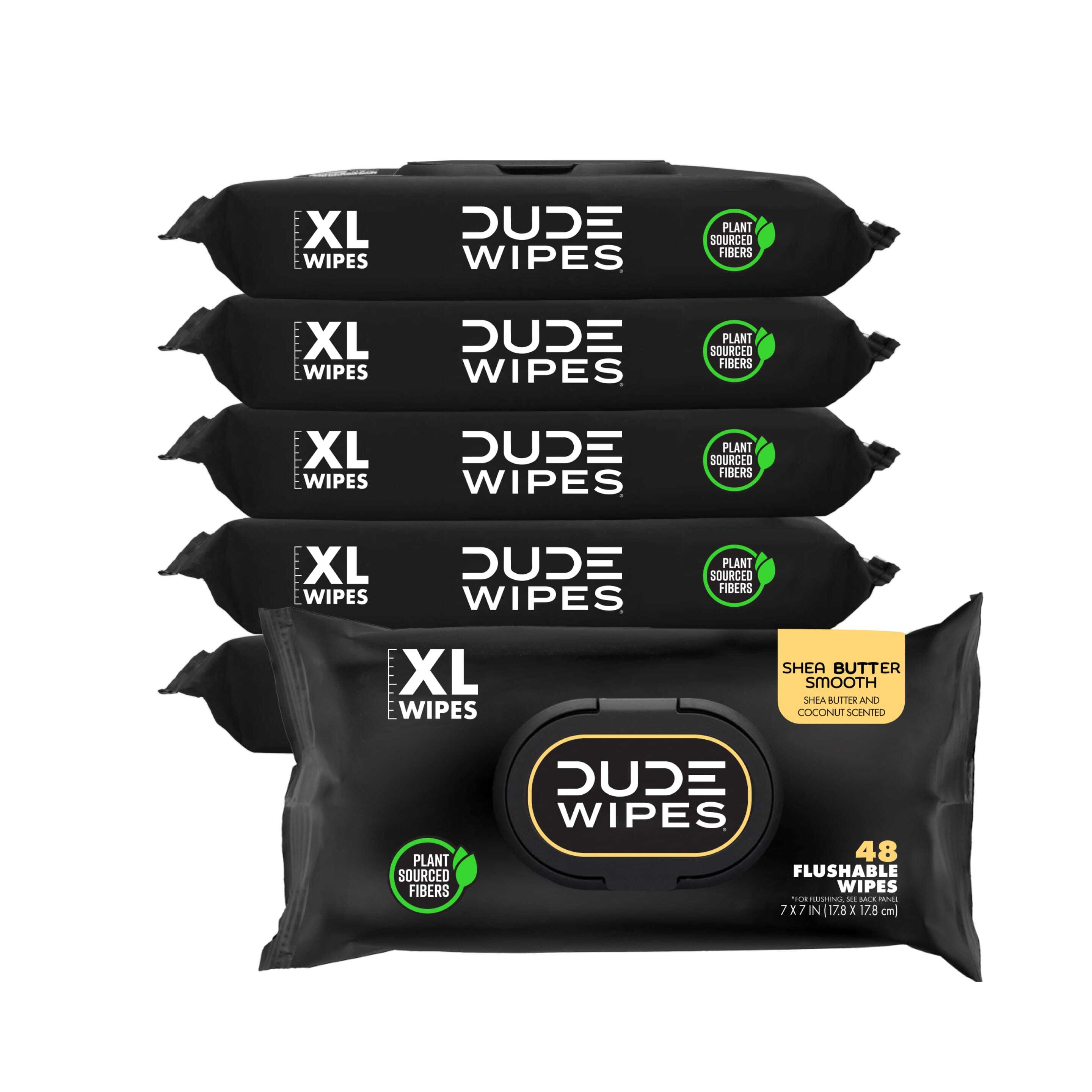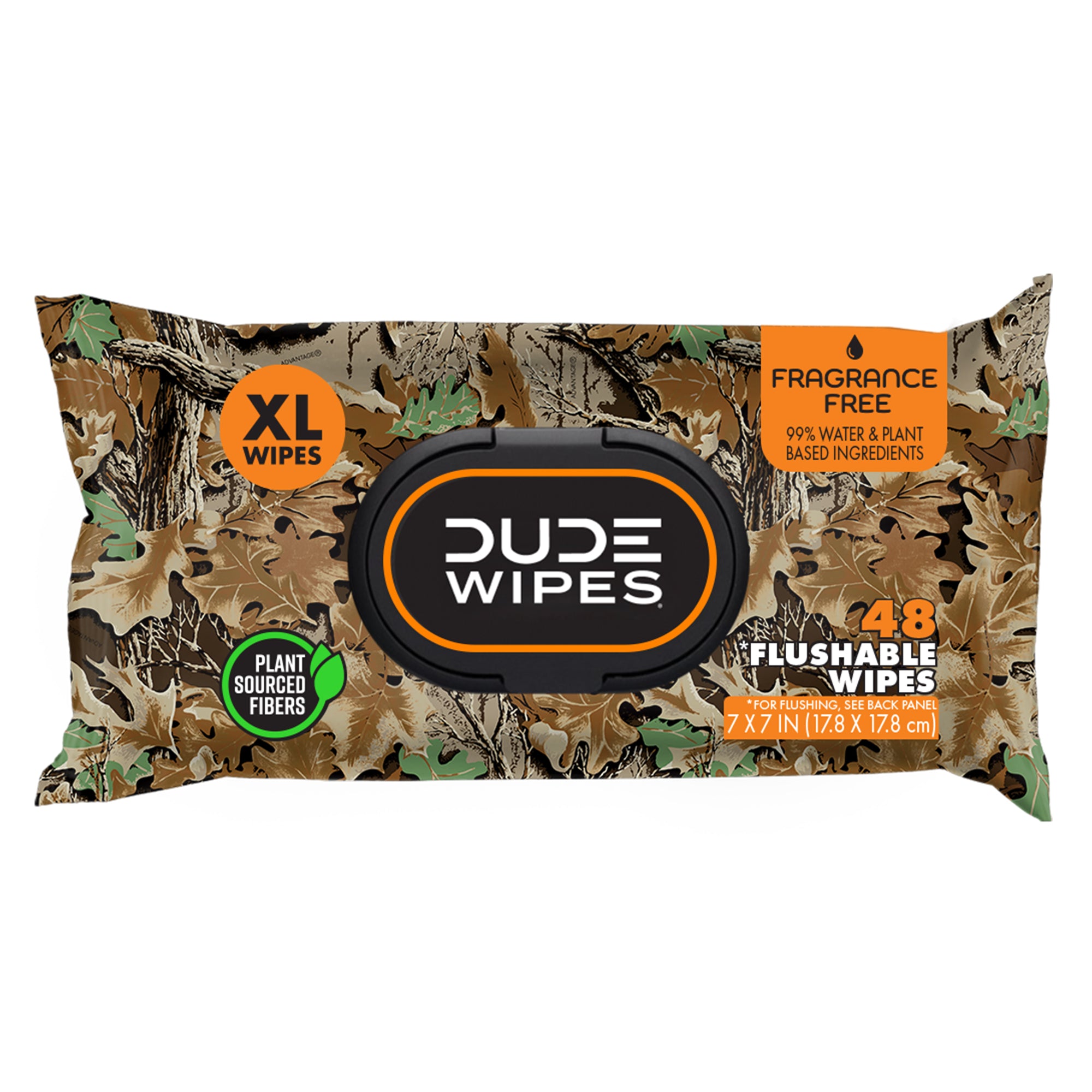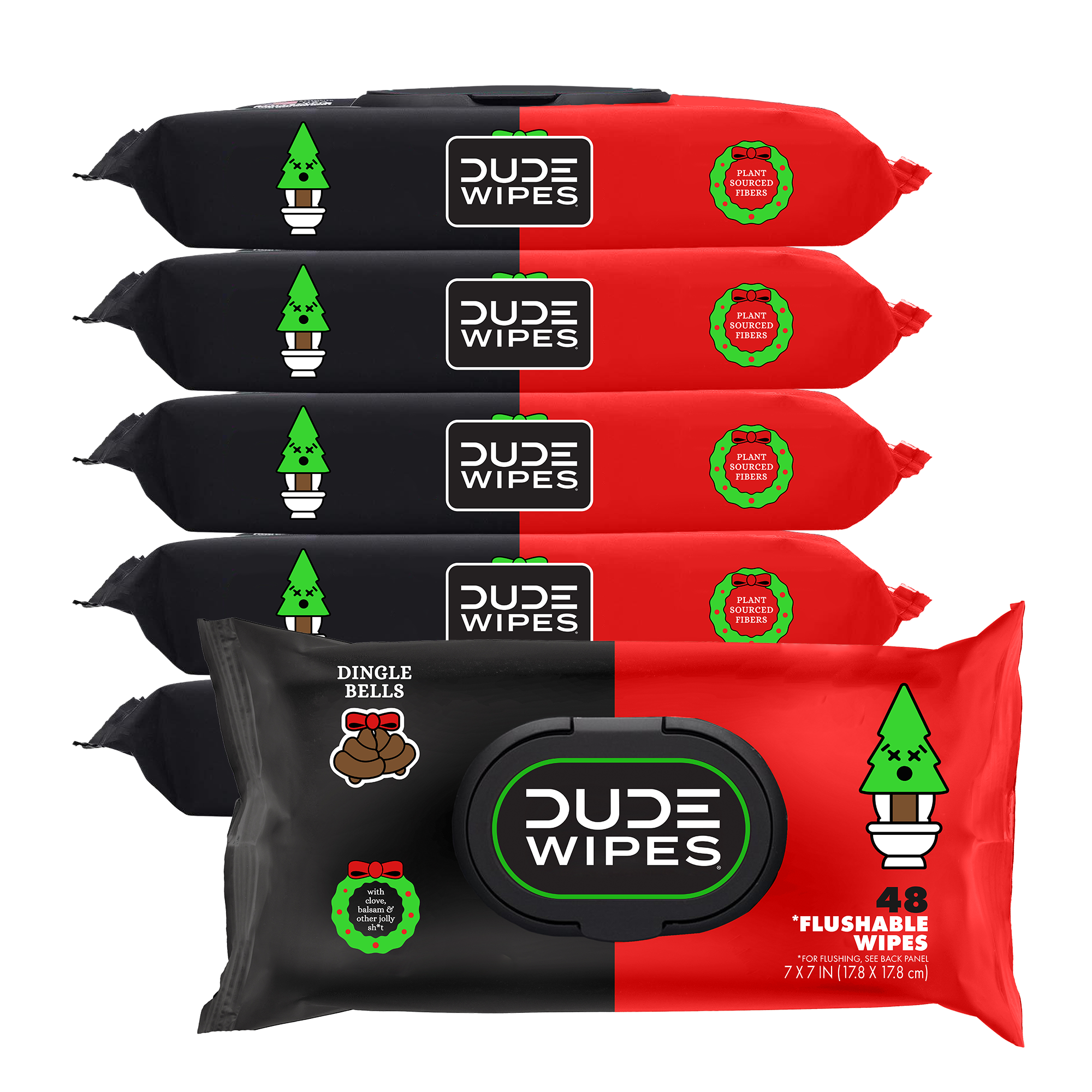Looking into the toilet bowl after a bowel movement is like opening a box of chocolates—you never know what you're gonna get: a perfectly smooth log, tiny pebbles, or maybe even a ghost poop.
Most of the time your poop is brown, but funky color changes might freak you out, especially if your turds are orange. The good news is you're (probably) safe. "Only rarely does stool color indicate a potentially serious intestinal condition," says Dr. Michael F. Picco of Mayo Clinic.
Roughly 75% of your poop is water. However, the remaining 25% consists of bacteria, digestive fluids, and undigested food—that's the stuff that determines your poop color. This article examines four reasons for orange-colored stool (and how to make it brown again).
4 Common Causes of Orange Poop
The color of your poop usually comes down to two factors: what you eat and the amount of bile in your gut. As bile pigments move through your gastrointestinal tract, stomach enzymes alter their color (usually from green to brown.). However, certain chemical compounds can give poop an orange color.
1. Beta Carotene
Beta carotene is an orange pigment found in plants in fruits. Your body converts beta carotene into vitamin A, which is essential for vision and immune health. If you consume a lot of this stuff, it'll show in your poop.
Here's a list of foods that have a high concentration of beta carotene:
- Carrots
- Winter squash
- Sweet potato
- Pumpkin
- Cantaloupe
- Mango
- Apricots
- Bell peppers
- Certain leafy greens like spinach and kale
- Beta-carotene supplements
If you ate a bunch of naturally orange food, there's no need to worry if your poop looks orange. In fact, you should be proud of how much vitamin A you have surging through your system.
2. Food Colorings and Dyes
Food dyes often come out of your butt the same color they went into your mouth. If you eat or drink any of the following things, don't be surprised if your poop turns orange:
- Orange candy
- Orange fruit juice
- Orange soda
- Orange popsicles
Artificial colorings and dyes don't have any nutritional value, so there's no need to worry about them unless you have an allergy. They should work their way out of your digestive system within a day or so.
3. Medications
Some medications contain compounds that alter the color of your excrement. One culprit is rifampin, an antibiotic to treat tuberculosis.
" Rifampin and its metabolites may color urine, feces, saliva, sputum, sweat, and tears a bright red-orange," explains Dr. Dixie E. Snider. "This can create a great deal of anxiety for both patients and medical personnel unless they are forewarned of this 'harmless' phenomenon. (Harmless is used here in a relative sense because those who have attempted to remove the stains from clothing may not consider it so)."
Taking medications that contain aluminum hydroxide can also result in orange stool. You can find this in antacids like Pepto-Bismol. If you ask us, orange poop is a small price to pay to relieve heartburn, indigestion, and diarrhea.
If you're unsure whether a medication is changing the color of your poop, contact your healthcare provider to ask about the side effects.
4. Digestive Problems
Digestive issues can cause your poop to turn almost any color of the rainbow.
For example, if your stool moves too quickly through your digestive tract, it might not absorb enough bile. This can happen if you have diarrhea or irritable bowel syndrome (IBS), a common medical condition that affects the large intestine. Basically, if you eat a bunch of carrots and orange Skittles, all that orange stuff goes right through you before it has a chance to get absorbed.
It may also be the case that your body isn't producing enough bile, which is supposed to flow from your liver to your gallbladder to your small intestine. If there's a blockage in your bile ducts from gallstones, tumors, cysts, liver disease, or inflammation, the bile can't mix in with your poop.
How to Make Your Poop Brown Again
It takes 24-72 hours for food to move through your entire colon (unless you're dealing with constipation). So if you ate a pumpkin pie or drank a bottle of Fanta orange soda, you can expect your poop to return to its normal brown color after a day or two.
If your orange poop is being caused by medications or a digestive problem, talk to your doctor to make sure you're in the clear. Orange turds are rarely a cause for concern, so there's no need to panic about it.
When to Worry About Poop Discoloration
There are three colors of poop that may indicate a health issue:
- Red stool: if your poop is consistently red or you see blood when wiping, this may be a sign of hemorrhoids or bleeding up in your bum.
- Black stool: this may indicate a problem in the upper digestive tract, especially if the poop has an extremely foul smell.
- White stool: poop that's white or clay-colored usually indicates a lack of bile—meaning there's a problem with your liver or gallbladder.
Bottom line: if your poop is constantly changing colors or causes pain, it's time to talk to a gastroenterologist.
Wipe 'Til It's White
No matter what shape, size, or color your poop is, make sure you wipe it all up the next time you finish the deed. That's easier said than done if you're using dry toilet paper, so make the switch to DUDE Flushable Wipes. They're durable enough for dumps of any scale, plus they're infused with aloe and vitamin E to soothe your sensitive sides.



